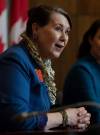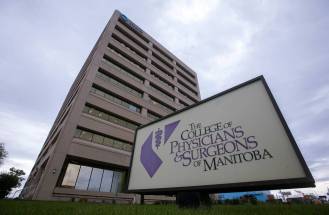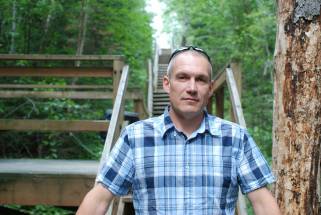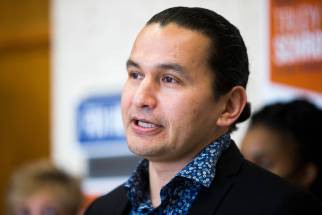Risks and Rx Political will is only fix for broken, secretive system that leaves patients in the dark against doctors under investigation: law expert
Read this article for free:
or
Already have an account? Log in here »
To continue reading, please subscribe:
Monthly Digital Subscription
$0 for the first 4 weeks*
- Enjoy unlimited reading on winnipegfreepress.com
- Read the E-Edition, our digital replica newspaper
- Access News Break, our award-winning app
- Play interactive puzzles
*No charge for 4 weeks then price increases to the regular rate of $19.00 plus GST every four weeks. Offer available to new and qualified returning subscribers only. Cancel any time.
Monthly Digital Subscription
$4.75/week*
- Enjoy unlimited reading on winnipegfreepress.com
- Read the E-Edition, our digital replica newspaper
- Access News Break, our award-winning app
- Play interactive puzzles
*Billed as $19 plus GST every four weeks. Cancel any time.
To continue reading, please subscribe:
Add Free Press access to your Brandon Sun subscription for only an additional
$1 for the first 4 weeks*
*Your next subscription payment will increase by $1.00 and you will be charged $16.99 plus GST for four weeks. After four weeks, your payment will increase to $23.99 plus GST every four weeks.
Read unlimited articles for free today:
or
Already have an account? Log in here »
Hey there, time traveller!
This article was published 20/06/2022 (1266 days ago), so information in it may no longer be current.
Manitoba patients are being kept in the dark about physicians accused of misconduct by outdated provincial legislation and a secretive self-regulating body, a Free Press investigation has found.
The legislative weakness and lack of transparency have led to policies that shield doctors from scrutiny and leave patients vulnerable to harm — a potentially dangerous approach critics say will only change when public pressure forces the government to act.
“Significant changes (are needed) to ensure that — at all times — protection of the public is the key goal,” said Brandon Trask, an assistant professor with the University of Manitoba’s faculty of law. “People have to have trust in their physician.”
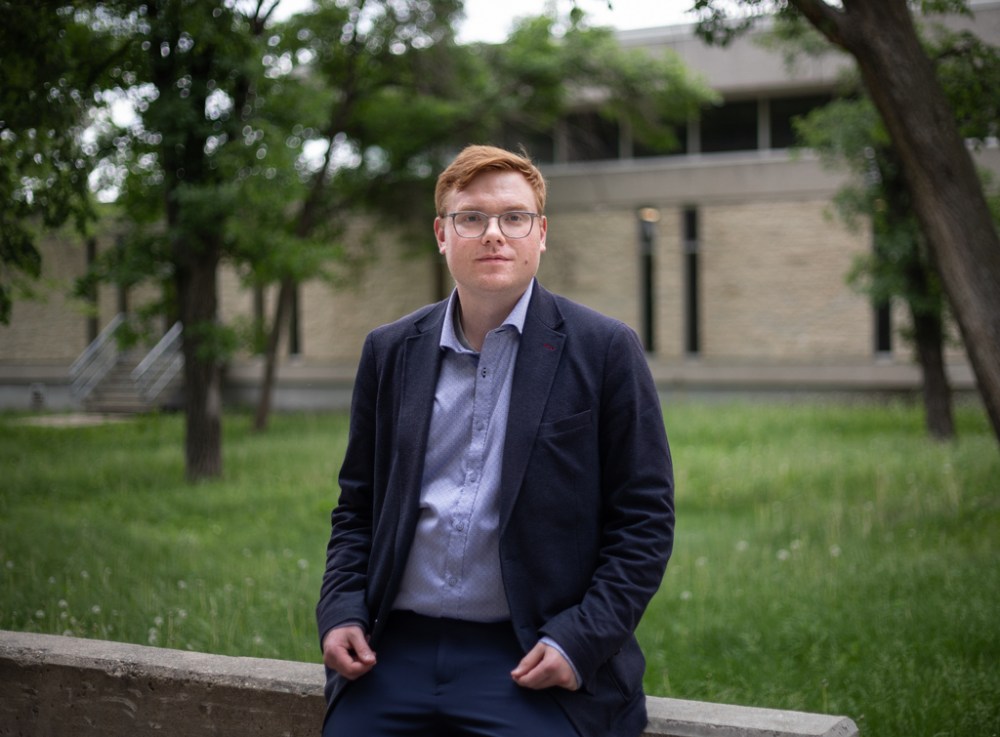
Legislation must be updated to make the College of Physicians and Surgeons of Manitoba (CPSM) more transparent. Anything less is “doing a disservice” to the public, he said, adding patients will lose faith in the regulatory process and distrust doctors, possibly putting their health — and even lives — in harm’s way.
A Free Press investigation is examining how Manitoba’s physician watchdog, the self-regulating CPSM, handles accusations of physician misconduct. The newspaper has spoken with patients who have reported to police allegations of sexual assault, interviewed health policy experts across the country and combed through years of CPSM’s annual reports to gain a better understanding of the complex and secretive process.
The CPSM registrar, Dr. Anna Ziomek, has declined interview requests from the Free Press. But in an emailed statement, Ziomek noted only a “small number” of physicians have faced disciplinary action by the college.
Critics argue approach to investigating Manitoba doctors harmful to patients
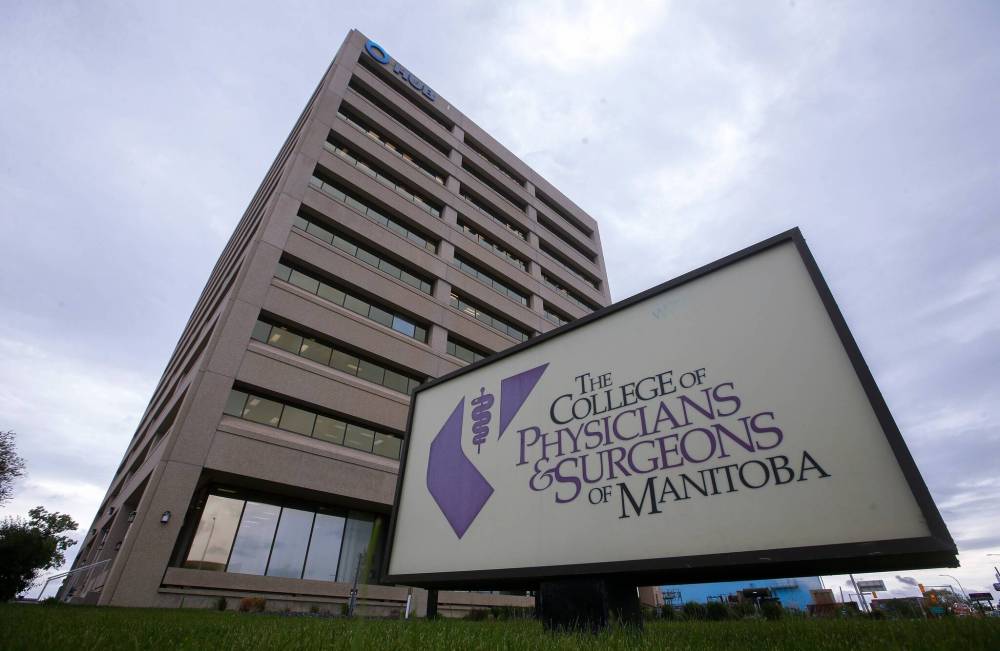
Posted:
The woman walked out of the doctor’s office that day feeling violated.
In the last 10 years, college investigations have resulted in 33 physicians being disciplined. There are roughly 3,000 practitioners in the province, according to the CPSM’s 2021 annual report.
Ziomek said the CPSM is bound by the limitations of the Regulated Health Professions Act (RHPA) — which governs Manitoba’s regulated health professions — but strives to be as transparent as possible. The CPSM recognizes “some improvements can be made,” but legislative changes can only happen at the government level.
Health Minister Audrey Gordon declined to be interviewed for this series.
Manitoba Sen. Marilou McPhedran was consulted on drafts of the RHPA over a decade ago. The legislation, she said, still lacks a “moral compass ” that keeps patient safety at the forefront.
“For Manitoba, you’re just missing that compass. And that was a conscious choice,” she said of the then-NDP government, which created the legislation in 2009.
But bringing about legislative change is an uphill battle, said McPhedran, who has sat on several Ontario task forces addressing similar oversight problems.
“You have to ask yourself, essentially, where is the squeaky wheel?” she said. “(Governments) have to respond to where they’re getting the most pressure.”
It’s only when the public is made aware of egregious cases of misconduct, often through media reports, that voters put pressure on governments to act, McPhedran said.
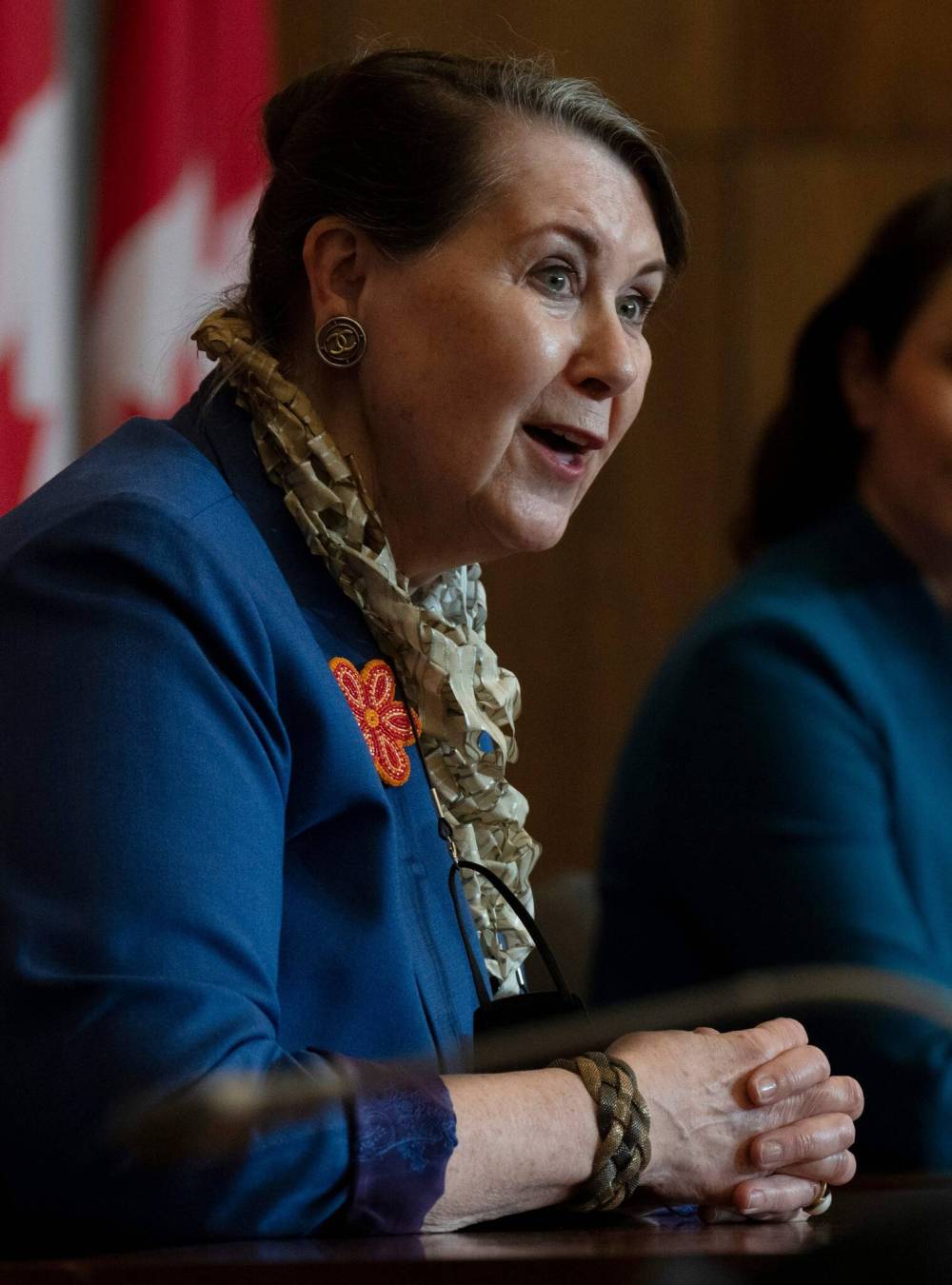
McPhedran, who authored the book Preventing Sexual Abuse of Patients: A Legal Guide for Health Care Professionals, has chaired three independent inquiries in Ontario looking at physician misconduct. The last of which, a Sexual Abuse Task Force, was launched by Ontario’s minister of health in 2014 in direct response to investigative reporting by the Toronto Star.
Among the Star’s findings were that the College of Physicians and Surgeons of Ontario (CPSO) was allowing doctors who the college had found guilty of misconduct for sexually abusing patients to continue practising, was placing antiquated gender-specific conditions on physician licences — such as male physicians not able to treat female patients — and not automatically revoking licenses after physicians committed certain sexual acts of abuse against patients, such as groping. Licences were only automatically revoked for specific cases of patient sexual abuse, such as penetration, oral sex and masturbation.
Today, all of those regulatory failures have been remedied in Ontario. As well, complaints are made public relatively early in the investigative process and the CPSO keeps physician records — including disciplinary information — online for 30 years after a doctor ceases being a CPSO member.
The situation is starkly different in Manitoba.
Here, investigations happen behind closed doors, preventing patients from knowing if their still-practising doctor is accused of misconduct.
Oftentimes, it can take upwards of one year between the time a complaint comes in and when the college makes information about the matter public. Of the 83 cases reviewed and “closed” by the CPSM’s investigation committee between April 2020 and April 2021, 24 took longer than a year to complete, according to the CPSM’s 2021 annual report. The college only makes information about complaints public after an investigation has resulted in a physician being formally censured or disciplined.
Although the college can temporarily suspend a licence while investigating misconduct, it rarely takes that step. As well, the college keeps discipline decisions online for 10 years and wipes non-practising physicians’ profiles from its website almost immediately.
Complainants are also required to keep quiet, signing confidentiality agreements as part of the complaints process, adding another layer of secrecy.
RESOURCES FOR SURVIVORS OF SEXUAL VIOLENCE:
Klinic Community Health’s 24-hour sexual assault crisis line can be reached at (204) 786-8631 in Winnipeg and toll free in Manitoba at 1-888-292-7565. The SANE program at Health Sciences Centre can be reached by 204-787-2071 and asking for the SANE on-call nurse. More information at klinic.mb.ca and hsc.mb.ca.
In a recent high-profile case, the public only learned of a complaint lodged against a prominent family physician in rural Manitoba after police charged him with sexually assaulting patients in November 2020. Ste. Anne family doctor Arcel Bissonnette, who is in his early 60s, now faces 22 counts of sexual assault for allegations that span nearly two decades.
Bissonnette’s case is still before the courts and he is presumed innocent. His lawyer did not respond to requests for comment.
Upon his 2020 arrest, the college confirmed that at least 22 months prior, someone raised “concerns” about Bissonnette, prompting the college to require he have a female chaperone present while conducting breast and pelvic exams and post the condition on his licence in his office. Court documents show three women were still allegedly sexually assaulted by Bissonnette after the condition was put in place.
Two victims tell the Free Press they are appalled that the college did not suspend his licence or inform patients of allegations leveled against him.
The college will say little on the matter, citing the court case and the RHPA’s privacy provisions.
That lack of transparency — silence amid serious allegations — highlights the urgent need for regulatory overhaul, said Paul Harte, a Toronto-based medical malpractice lawyer.
“(The RHPA) should not be used as a shield for public scrutiny of the effectiveness of the regulator,” Harte said. “The college tends to interpret their legislation in a way which provides less transparency rather than more. For example, you never see them challenging the legislation or attempting to publish things and seeing what happens.
“I don’t think there’s a particular will on the part of the self-regulator to have this transparency.”

He said the government should take over regulation, or at the very least ensure more independent oversight is in place. Otherwise, self-regulation — physicians regulating physicians — risks doctors’ interests being or appearing to consistently trump patients’ interests and safety, he said.
While Ontario has made significant strides in improving its oversight system, a recommendation from an earlier McPhedran-chaired task force that called for the creation of an independent body to investigate, prosecute and adjudicate sexual abuse cases involving health professionals remains unimplemented.
McPhedron said part of the reason why provincial governments are reluctant to disrupt or dismantle the self-regulatory bodies is because they can offload hot-button issues — such as sexual abuse of patients — on colleges, leaving government free from criticism.
Asked if Manitoba should consider an independent review, the likes of which led to widespread change in Ontario, McPhedran said that could be the natural next step. But getting there requires the public putting significant pressure on the government, she said.
Lorian Hardcastle, an associate professor with the University of Calgary’s faculty of law, agrees, saying policy change will only come when there’s a public airing of regulatory failures.
“It’s an easy win (for governments) where it’s come into the public consciousness,” Hardcastle said. “But where it hasn’t come into the public consciousness, there’s often just (an acceptance that) ‘These are self-regulating professions, let’s let them do their thing.’”
Meanwhile, University of Manitoba’s Trask maintains “significant changes” are needed in Manitoba. Transparency is important not just for protecting patients, he says, but also for instilling public confidence in the regulatory system overall.
It’s not just that justice needs to be done, justice must also be seen to be done,” he said.
katrina.clarke@freepress.mb.ca

Katrina Clarke is an investigative reporter with the Winnipeg Free Press.
Our newsroom depends on a growing audience of readers to power our journalism. If you are not a paid reader, please consider becoming a subscriber.
Our newsroom depends on its audience of readers to power our journalism. Thank you for your support.

